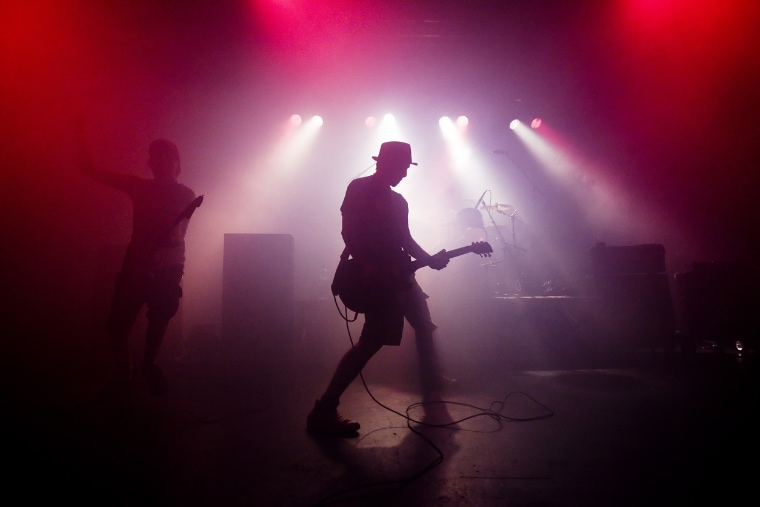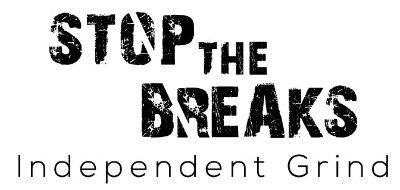
Every professional musician has a unique way of preparing to get in front of a crowd. They have to eat right, prepare with the right instruments, and learn how to cope with the pre-show jitters. Most artists often confess experience anxiety issues, and by confronting their vulnerabilities and fears, can they overcome the performance anxiety. However, no one is perfect, and once in a while, they make mistakes. Here are steps that professional musicians take to avoid stage fright and prepare before performing on stage.
Working on Breathing
Professionals often do exercises to control their breathing just in case they get nervous. They do Pilates and yoga, and in the process, they monitor their breathing pace to avoid panicking on stage. If you are an upcoming artist, it would be in your best interest to learn how to slow your breath, otherwise, adrenaline might kick in, and you might speak out of turn. By regulating your breathing, you get to enjoy the performance.
Practicing before Family and Friends
Established artists often rehearse in front of people who support them. Practicing before a small congregation of friends and family members will boost your confidence; hence you will be ready to face a vast congregation.
Vocal Warm-Ups
Humming, trilling, and scaling your voice can sound strange, but professionals use the tactics when preparing for a stage performance. Some have to use accents and dialects when singing, and others use mic preamps for vocal warm-ups. When they practice with microphones, they also use preamps to boost the mic level signal to the line-level signal’s strength. Instrumental experts found at musicaroo.com/best-mic-preamp-for-vocals/ often advise musicians to use preamps since it ensures that the sound the mic picks up is just as loud as the other sounds. Most established artists try different preamps to boost the volume, and they compare transparency vs. coloration, the number of channels, among other features in preamps.
Refining Individual Playing
Artists often prepare for gigs by playing their songs in conditions that aren’t ideal. Professionals learn to practice their songs in different situations and various environments. Some play outside, without looking at their instruments, some play instruments while talking, others play in the dark, some while standing while others practice singing while walking around a room.
Learning to Handle Stage Mistakes
Even professional musicians are human, and they are bound to make mistakes during the performance. Musicians must prepare to deal with forgetfulness, equipment malfunction, among other issues that might arise during a performance. They must learn to remain confident, continue singing, and keep that smile on the face. You’ve probably noticed that professionals never panic in the event of a stage mistake, but instead, they remain confident, which makes them appear as pros.
Physical Preparation
Singers have to do dress rehearsals and stage rehearsals before the real gig. All artists have their routine since this also helps with mental preparation. Some might do finger exercises to get blood flowing, while others will place their fingers on instruments before a performance. Everyone has the dress code that boosts their confidence and makes them look more professional. Musicians often seek approval from their coaches, friends, and family members before settling on a stage attire.
Having enough Rest
Singers need to be alert during the performance; therefore, most professionals take a nap before the gig. Sleeping allows them to concentrate, and it reduces tension before the performance. For the established artists required to perform several gigs in a row or on tour, sleeping might be challenging. Such musicians have to master their material to give the best performance despite how tired they are.
Request Feedback From Coaching Staff
Singers always get feedback from friends, fellow musicians, or their vocal coaches before they perform. Considering that they have an honest company that may identify errors, they can correct the faults before performing. If the vocal coach notices poor sound, they will advise the musician to improve the quality by employing some of the above techniques in the little time they have left. Also, some singers often record their performance, then, later on, analyze how they performed using an audience perspective. Such strategies help established musicians to notice faults they never saw before.
Professional musicians always appear to have a great time on stage, but most people don’t realize the effort they put in place during preparation. All of them practice singing with state-of-the-art equipment, they are confident, and they learn to manage stage fright well in advance.



